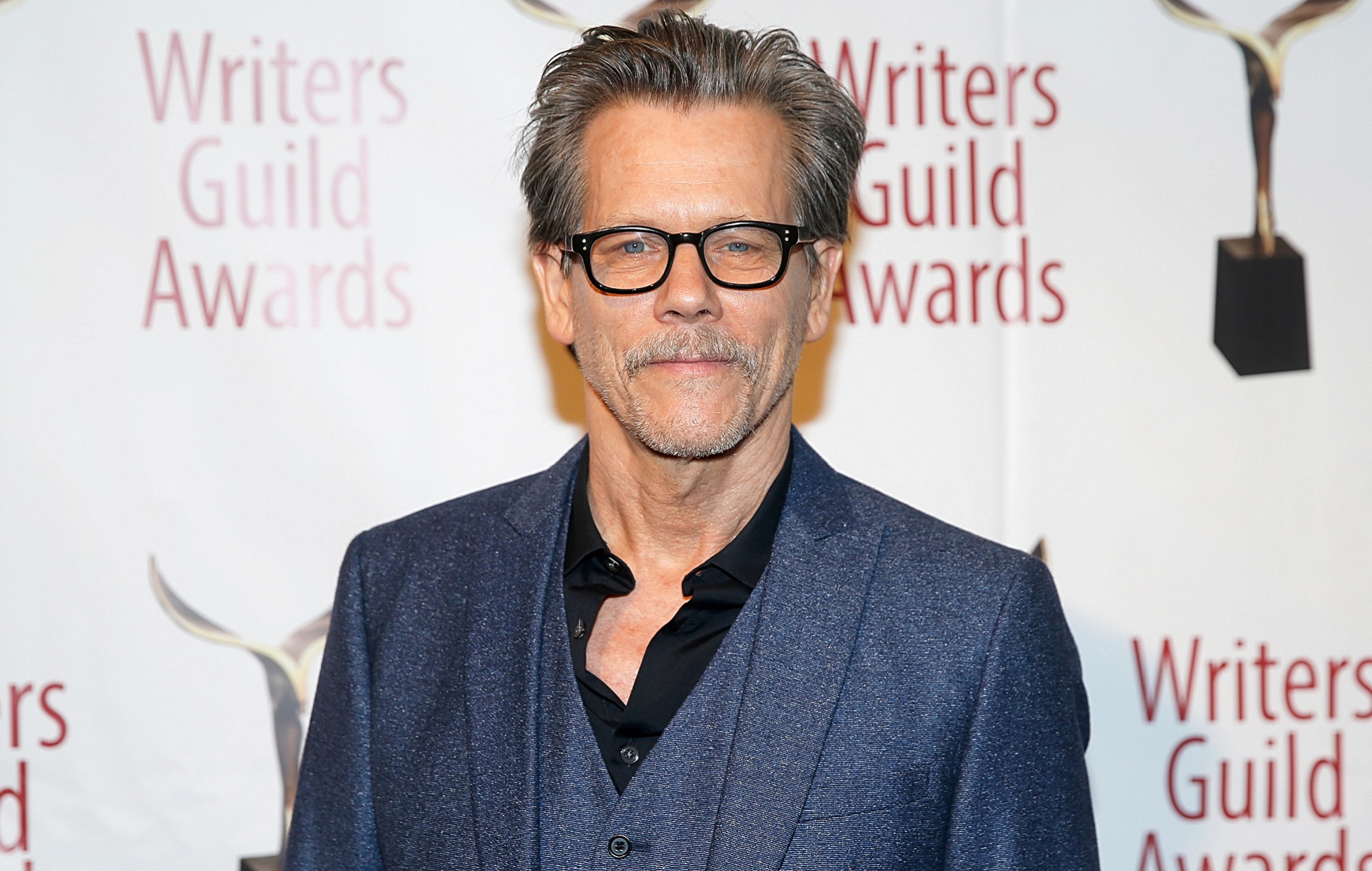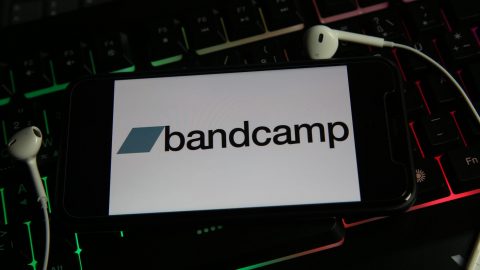
Ukrainian filmmakers and producers renewed calls for the boycott of Russian films during an online talk at an international documentary film festival.
Visions du Réel, which wrapped yesterday (April 17), held a panel on Thursday (April 14) in which discussions were held about the act of resisting war through imagery.
Last month, seven Ukranian filmmakers urged for a cultural boycott of Russia, claiming that it would be “an attempt to cleanse the world of the propaganda of a terrorist state”.
Statements were released by several filmmakers including Volcano director Roman Bondarchuk, Valentyn Vasyanovych (Atlantis) and Nariman Aliev (Homeward) explaining their reasoning.
At Visions du Réel, producer Illia Gladshtein and director Nadia Parfan, whose film Heat Singers screened at the festival in 2019, sat on the panel. They were joined by Maksim Nakonechnyi, whose debut film Butterfly Vision will show at Cannes next month, and photographer-director Artem Iurchenko (Cursed Days, 2018).
Nakonechnyi has been shooting in Ukraine since the first days of the war in February. Parfan returned from an artist’s residence in Egypt in the wake of Russia’s invasion to document what was happening in her country [via Variety].

Paris-based Iurchenko, meanwhile, has been traveling across Europe in his car since the start of the war, helping to transport refugees, equipment, medical and humanitarian aid to and from Ukraine.
The panel guests gave much focus to what they described as Russia’s post-colonial narrative.
“This is a war of censors, a very illustrative post-truth war where the enemy’s side has its own truth which it has been making up for a long time,” Nakonechnyi said.
“It’s not just a war of weapons but of narratives and ideas. That’s why people who create censors are the top enemies of Russia.”
Asked whether images were the “tools of war” as expressed by US cinematographer Kirsten Johnson during a masterclass at the festival earlier in the day, Nakonechnyi answered: “They are one of the main tools – images and words, of course.
“It’s not the images themselves but the meaning that’s given to those images and how they’re presented. Images and weapons don’t kill, you need a human to start the killing. But yes, images are a great part of war…and that’s more than ever the case.”
Gladshtein claimed that the fight is against a “colonisation that seems normal in the eyes of people in Western Europe”, and called on Western audiences to be aware of “the filter in your eyes”.

“I have done some research and collected a set of films produced for internal use in Russia, where Ukrainians are depicted as bad, stupid, greedy, traitors and Nazis. This is part of the whole universe of imagery produced by the Russian media including festival films that were widely distributed,” he said.
“That’s why the Ukrainian film industry is demanding a boycott of Russian films. Not because we are offended and want Russian voices to be silenced, but because it is a means of war that didn’t start on the 24th of February but has been going on for years.”
Parfan said that she regretted that Russian filmmakers who “had been benefiting from this colonial position for years, receiving slots at A-class festivals”, had not used their voice to highlight the plight of Ukrainians.
“It may seem radical seen from Europe but it’s essential: I am just trying to explain the power dynamic that’s been there for years. That’s why now is the time to make a temporary moratorium and reconsider the role of Russian culture in this war,” she said.
Parfan added that she was grateful to Visions du Réel for its considered selections over the years. “You are the reason I’m still doing this.”
The 53rd edition of Visions du Réel included both Russian and Ukrainian films in and out of competition.
The post Ukrainian filmmakers renew call for boycott of Russian films appeared first on NME.







